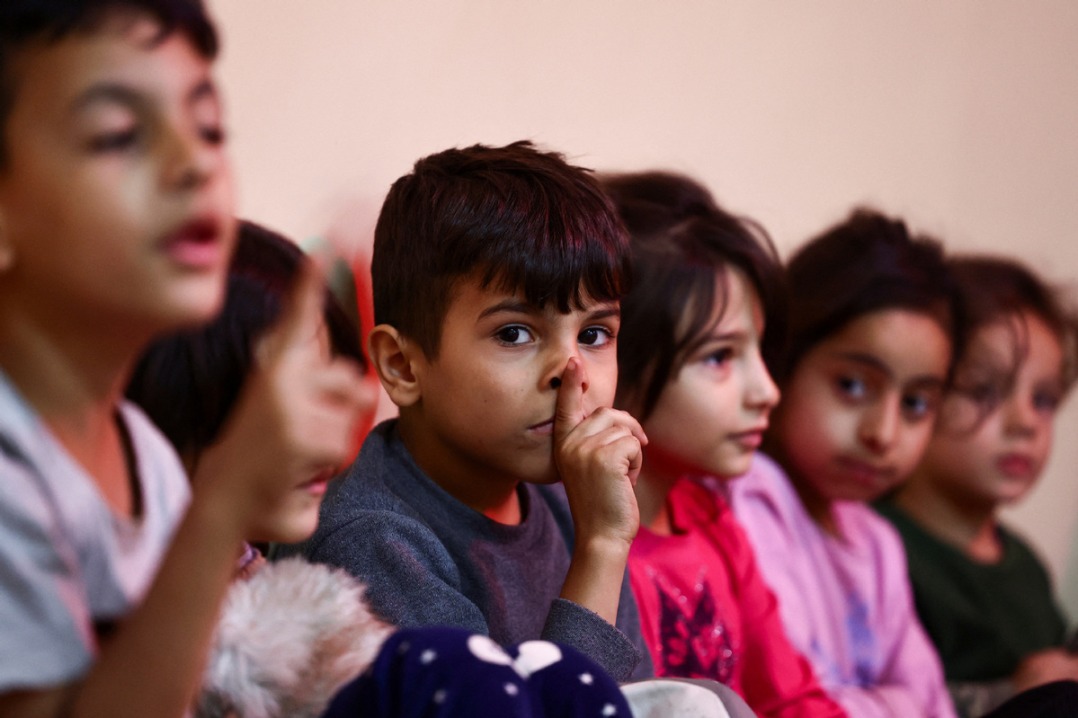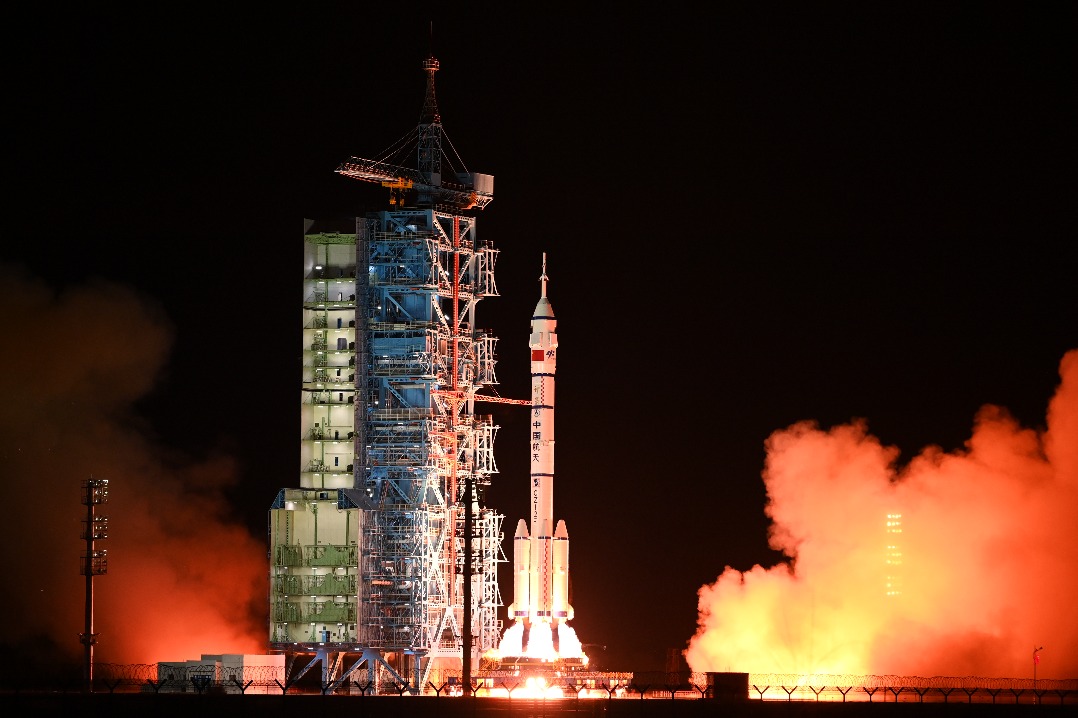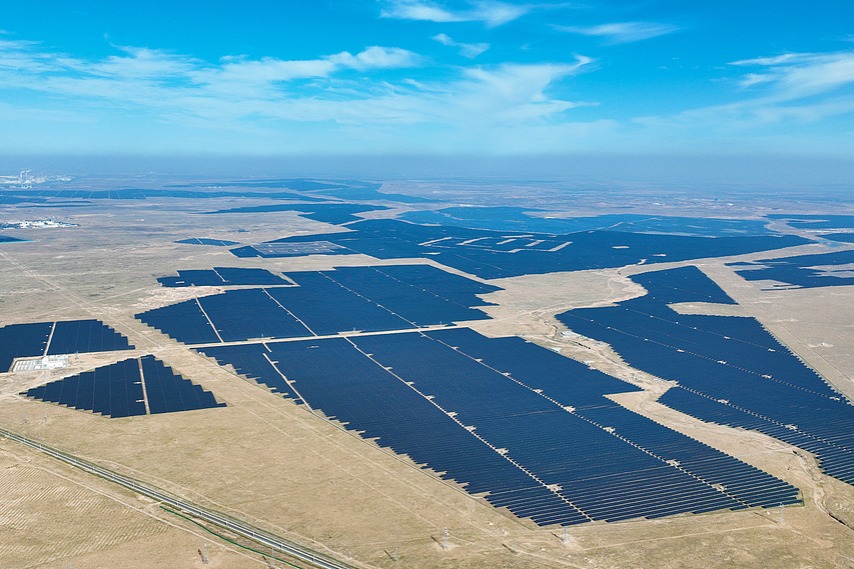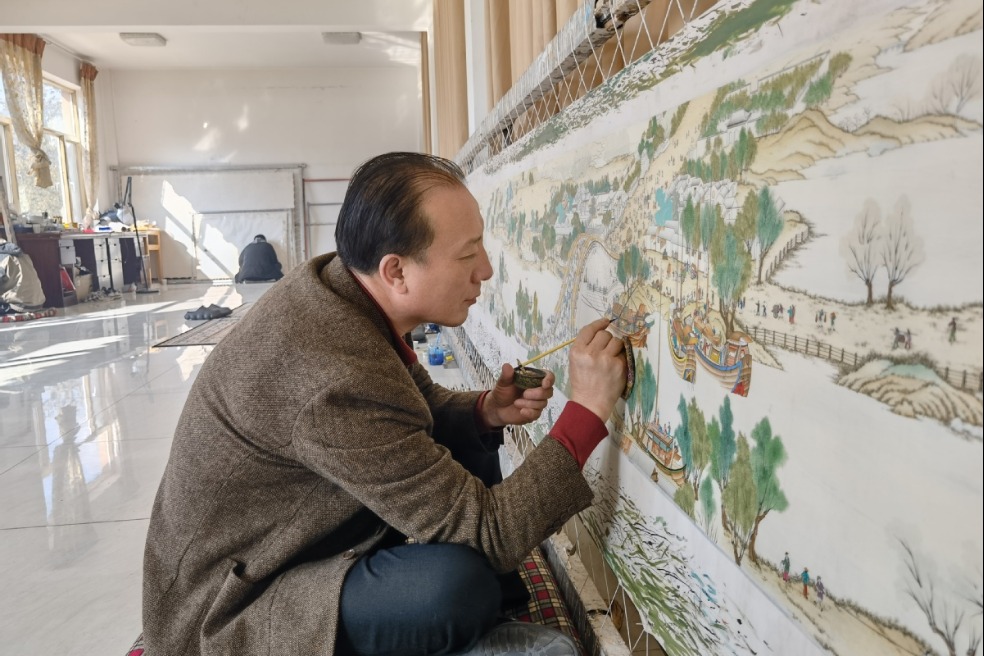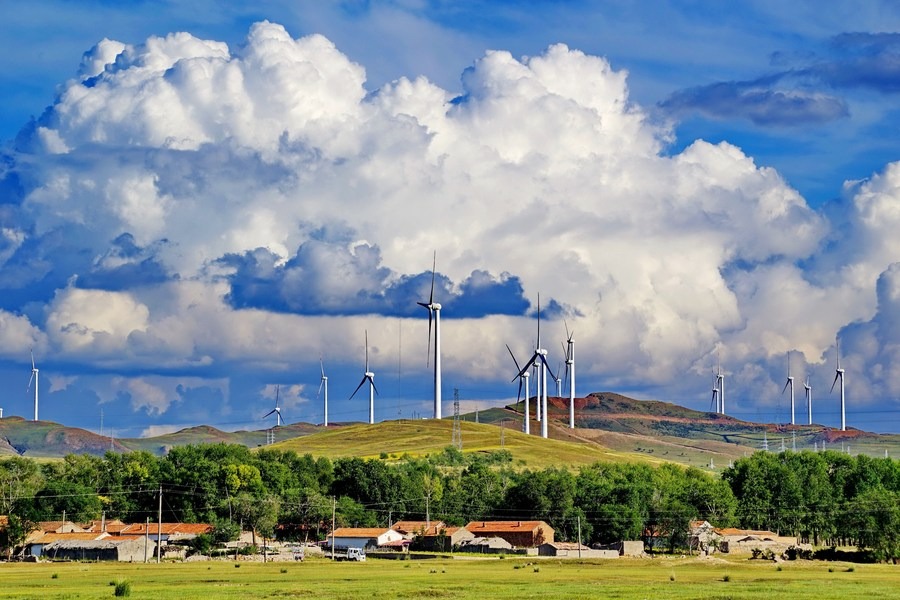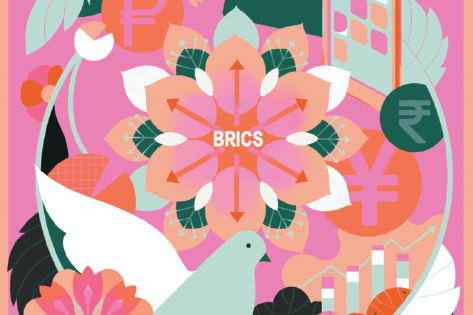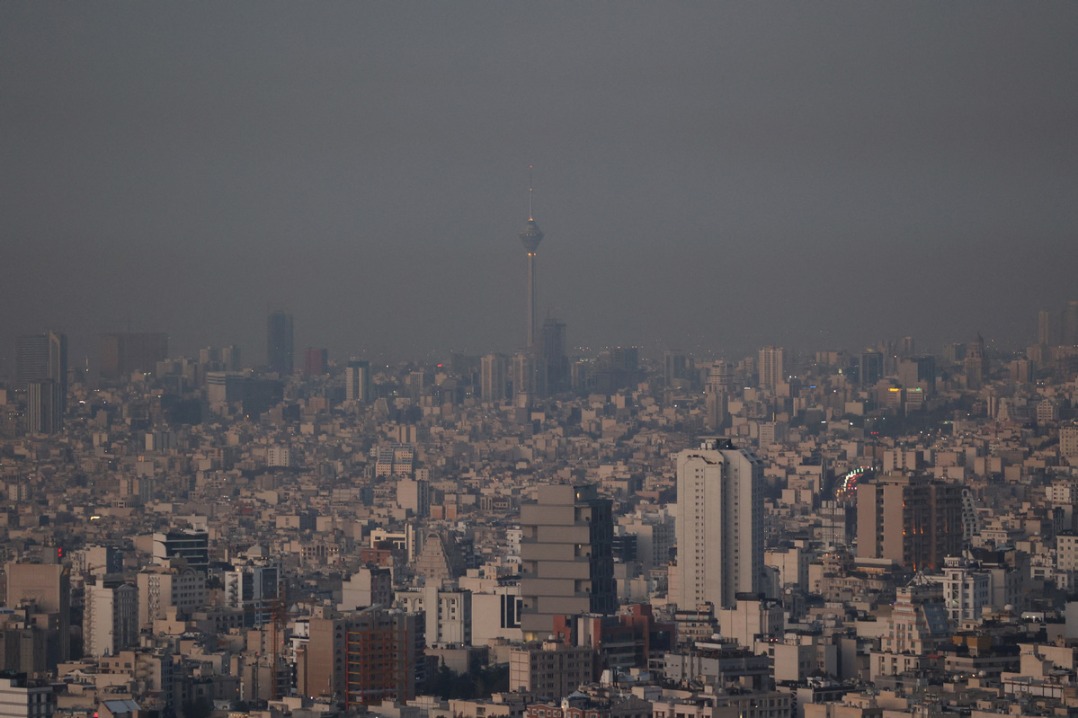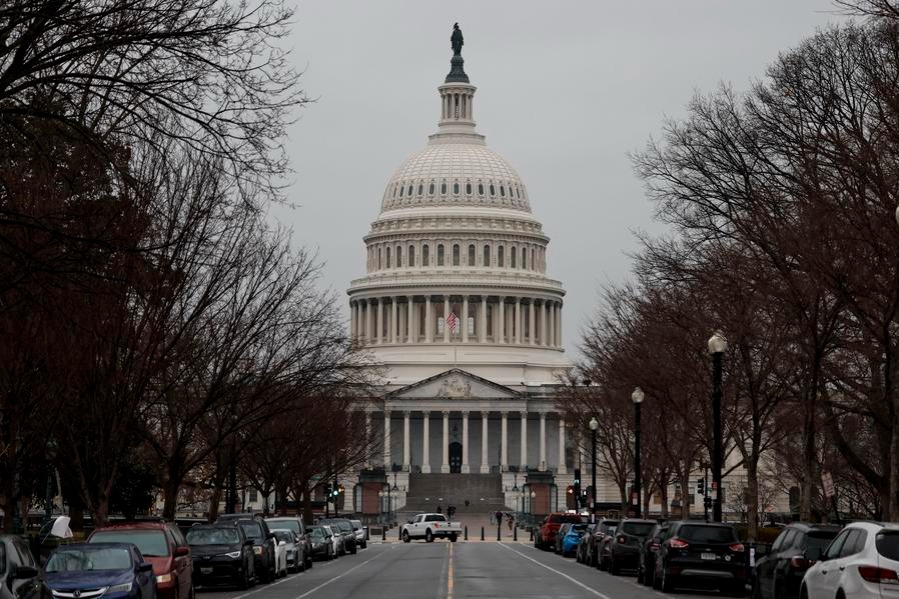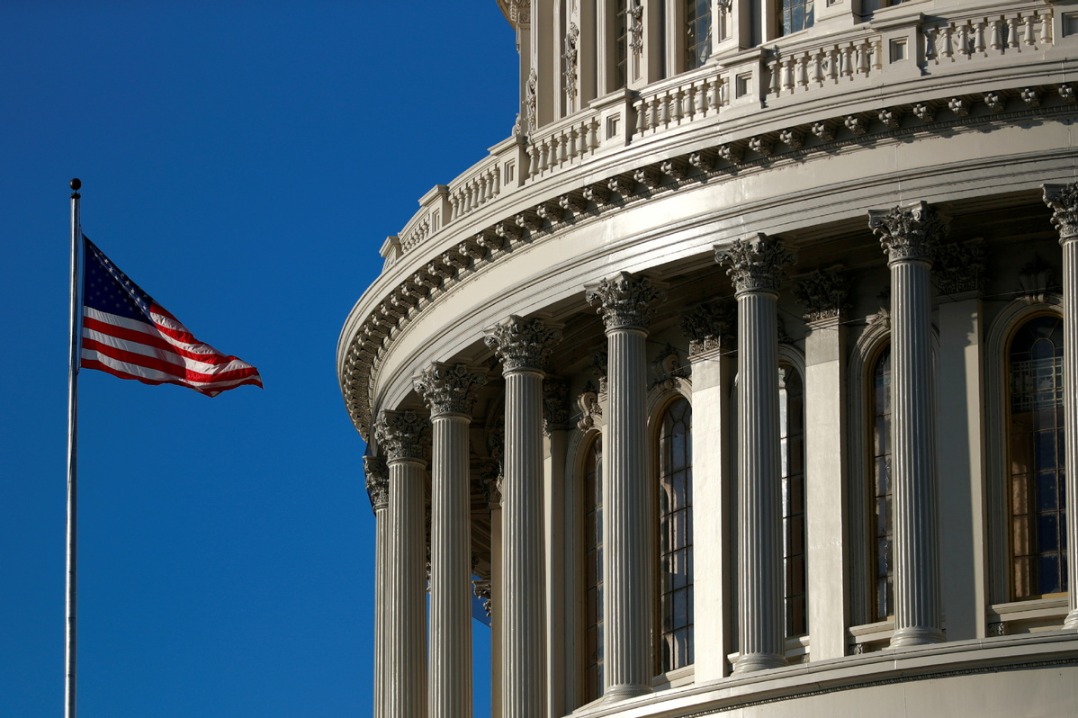In the face of an existential threat


A well-functioning multilateral global order can serve as Africa's lifeline
The pursuit of interests by individuals, communities or nations can lead to conflict when the objects of interest are in limited supply. Hence, we create organizations and give them rules and norms for resolving conflict.
The carnage wrought by World War I led to the creation of the League of Nations to manage competing interests among nations. Nevertheless, World War II exploded with unprecedented death and destruction, including the capacity to delete life itself.
To avoid such an outcome, the United Nations and its specialized agencies were created. The UN is at the heart of the post-World War II multilateral global order. But this global order demands reform.
Africa has a stake in a truly multilateral global order because, of all regions, it is the most reliant on a well-functioning global system.
During the COVID-19 pandemic, Africa was the region most dependent on multilateral and bilateral sources for vaccines and medical supplies. Today, as the Russia-Ukraine conflict has disrupted supply chains worldwide, the resulting high food prices have wiped out a generation of progress in Africa. So, a well-functioning multilateral global order can serve as Africa's lifeline.
Hence, Africa will resist attempts to reduce multilateralism to a contest.
We have all heard the claim that African countries are in a "debt trap". According to the World Bank, at the start of 2024, nine African countries were in debt distress, 15 at high risk of debt distress, and another 14 in moderate risk. In 2024, debt service will cost Africa an estimated $74 billion compared to $17 billion in 2010.
A closer look shows that the debt is the cumulative result of many factors: the global financial crisis of 2008, the 2014 terms-of-trade shock, an increase in private borrowing on non-concessional terms, private lenders seeking higher yields in new markets, and falling exchange rates raising the domestic currency value of unhedged foreign currency debt.
There are other factors, too. Such as rising US interest rates, the use of foreign currency bonds with short maturities to pay for projects which typically take many years to show returns, illicit capital flows, slow post-COVID-19 recovery and climate change shocks.
To suggest that these factors were marshalled and engineered by China, or any other creditor, to create a "debt trap" for African countries is absurd.
When the COVID-19 pandemic struck, many countries, including African countries, offered stimulus packages to support critical health infrastructure, and vital businesses. These emergency measures left African economies with new debts, diminished debt-servicing capacity, downgraded credit ratings, limited foreign exchange reserves, and depreciated currencies.
Was COVID-19 designed to trap Africa under mountains of debt? Of course not.
In 2021, the US Federal Reserve interest rate was zero to 0.25 percent. By the end of 2022, the rate was 4.25 percent to 4.50 percent. By the end of 2023, the rate reached a 23-year high of 5.25 percent to 5.50 percent. The rate remained unchanged for over a year, before the Federal Reserve initiated its first rate cut in nearly three years in September 2024.
Were these rate hikes designed to push Africa into debt? Of course not.
In truth, in the negotiations which led to the debt, both Africans and their creditors acted in good faith. To blame the debt on the deviousness of the creditors and Africa's lack of acuity denigrates both.
Empirical evidence shows that African countries pay a premium to access capital markets, despite data showing that Africa's default rates are lower than those of other regions.
We all recall the decade-long praise of African statecraft that was labeled "Africa Rising" in professional journals worldwide before it was interrupted by COVID-19 pandemic and climate shocks.
Even this skilled management of African economies did not impress the global risk analysis industry. It was quick to downgrade and slow to upgrade sub-Saharan Africa as an investment destination.
This ingrained bias leads to higher costs of borrowing, as do the social engineering conditionalities that are routinely attached to African obligations, but not to those of other regions.
Reforms of the global financial architecture, such as the proposed G20 Common Framework, are useful only to the extent that they address such systemic biases.
We should focus on rectifying flaws in the global financial architecture, a vital part of the multilateral global order, rather than on disingenuous claims of debt traps. To create an equitable multilateral global order, we face a basic challenge: self-restraint on the part of nations. Perhaps it is inevitable that the more economically and militarily powerful a country is, the harder it is to yield to multilateral institutions, the greater the temptation to manipulate those institutions, and the easier to conflate national interests with the global common good.
These tendencies undermine the credibility of global institutions if they are perceived to be imposing exclusively the wills and the values of powerful countries on weaker ones.
This encourages the creation of economic, political, and security clubs whose de jure or de facto relation to the UN and its specialized agencies is often vague or situational.
For global governance to flourish, major countries should respect economic, social, political and cultural diversity in humanity, avoid the pursuit of one universal culture, and focus on shared challenges which demand coordinated global action, foremost of which is climate change.
To support either the reform of the current global order or the creation of a new truly equitable and multilateral global order, Africa must not allow itself to become a theater for contests between unilateralism and multilateralism. That would repeat the Cold War of the 1950s and '60s which undermined Africa's modernization agenda and wasted a generation of Africans.
Africa's refusal to be carved again into zones of influence is part of promoting its agenda within a global order. That agenda has three tasks.
First, crafting binding social contracts to foster stability in all African countries. Second, producing goods on the continent to meet Africa's basic needs through trade. Both tasks are urgent because climate change might reduce large parts of the continent to wastelands, increasing instability, ruling out meeting our basic needs, and making us more dependent.
Therefore, Africa's third task is to modernize faster than the onslaught of climate change.
As failure in any of these three tasks will pose an existential threat to Africa, it should not get distracted by competing major countries. Africa played a minimal role in the creation of the United Nations. Hopefully, it will have more than a token role in the ongoing drive for an equitable multilateral global order.
The author is a former economist with the World Bank and an advisor for the Kenyan government. The author contributed this article to China Watch, a think tank powered by China Daily.
The views do not necessarily reflect those of China Daily.
Contact the editor at editor@chinawatch.cn.
















